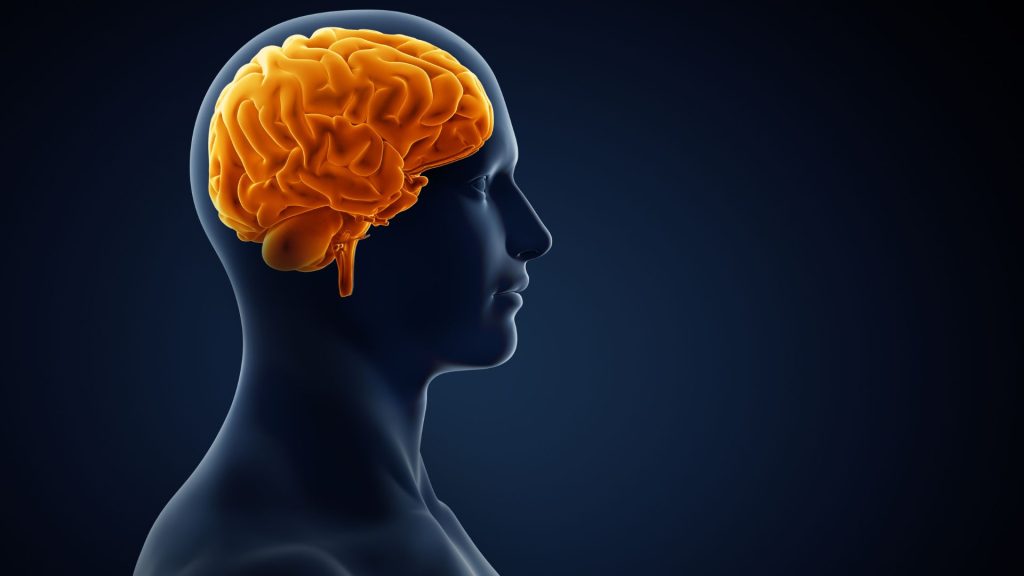What is Brain fog?
Brain fog refers to a group of symptoms that affect your ability to think clearly. It can make it hard to focus, concentrate, remember things, or pay attention. Just like the name suggests, it feels like a cloud over your mind. You may struggle with everyday tasks like having a conversation, following instructions, or remembering steps while doing something.
It is also known as mental fog—can occur after an illness, as a side effect of medications like chemotherapy, or due to an underlying condition. A healthcare provider can help find the cause and guide you toward feeling better.
What Does Brain Fog Feel Like?
Brain fog makes your mind feel slow and cloudy. You may struggle to think clearly, stay focused, or find the right words. Simple tasks can feel harder than usual. Even if you rest, your brain might still feel tired.
Many people describe it as:
- Clouded thinking – thoughts feel slow or unclear
- Memory slips – you forget names, details, or recent events
- Mental confusion – you lose track of conversations or tasks
- Poor focus – you get distracted easily and can’t stay on task
- Low drive – it feels tough to start or finish anything
Brain fog goes beyond normal tiredness. It affects your daily life and makes everything feel harder. If it lasts, talk to a doctor to find out what’s causing it.
Common Symptoms
If you’re experiencing any of the following, you may be dealing with brain fog:
- Trouble concentrating or focusing
- Short-term memory lapses
- Feeling mentally exhausted
- Difficulty finding the right words
- Disorganization or confusion
- Lack of mental clarity
These symptoms often interfere with work, relationships, and daily tasks, making early detection and lifestyle changes critical.
Causes
Brain fog can stem from several different causes. Some of the most common include:
- Lack of sleep
- Autoimmune conditions such as lupus, multiple sclerosis, and fibromyalgia
- Diabetes or low blood sugar levels (hypoglycemia)
- Mental health issues like anxiety or depression
- Neurodivergent conditions including ADHD and autism spectrum disorder
- Hormonal changes, especially during pregnancy or menopause
- Poor nutrition
- Chronic stress
Additionally, brain fog can develop after:
- A COVID-19 infection (commonly referred to as long COVID)
- Chemotherapy treatment for cancer
- Extended hospital stays
Moreover, research suggests that brain fog may be linked to neuroinflammation. In this case, your immune system creates inflammation in the brain, which can slow down your ability to process information.
In relation to COVID-19, recent studies have found another possible explanation. After the initial symptoms of COVID-19 disappear, the virus may continue to live in your gut. As a result, it alters the gut microbiome, which affects how much serotonin—a key chemical messenger—your body produces. This decrease in serotonin can impair cognitive function and trigger symptoms of brain fog.
Why Is Brain Fog on the Rise in India?

Brain fog has become increasingly common in India, and several lifestyle, health, and environmental factors are to blame. Here’s a closer look at the key reasons behind this growing concern:
1. Long COVID and Post-Viral Fatigue
Many Indians recovering from COVID-19 continue to report lingering symptoms, with brain fog being one of the most frequent. The virus can cause inflammation in the brain and disrupt nervous system function, leading to cognitive difficulties that last for weeks or even months.
2. Sedentary Lifestyle and Excessive Screen Time
With more people working desk jobs and spending long hours on digital devices, physical activity has taken a back seat. This sedentary routine, combined with screen overuse, leads to mental exhaustion and reduced cognitive performance.
3. Poor Sleep Hygiene
Urban life often comes with irregular sleep schedules, late nights, and high stress levels. Over time, these habits interfere with the brain’s ability to rest and recharge, making foggy thinking more likely.
4. Widespread Nutritional Deficiencies
Many Indian diets, especially vegetarian ones, lack essential nutrients like vitamin B12, vitamin D, and iron. These deficiencies directly impact brain health and can significantly impair memory, focus, and energy levels.
5. Rising Mental Health Issues
Cases of anxiety, depression, and chronic stress have seen a sharp rise across age groups in India. These mental health conditions can slow down thought processes, impair decision-making, and lead to persistent brain fog if left untreated.
6. Environmental Factors and Pollution
Air pollution in major Indian cities such as Delhi, Mumbai, and Kolkata exposes individuals to harmful toxins and heavy metals. Over time, this exposure has been linked to reduced brain function and increased risk of cognitive decline.
Care and Treatment
How to Manage Brain Fog
While there’s no single treatment for brain fog, you can manage it by improving your overall health. First, healthcare providers often suggest lifestyle changes to boost your immune system and brain function:
- Get better sleep by following a consistent routine
- Eat balanced, nutrient-rich meals
- Exercise for at least 30 minutes daily
- Write things down to help with memory
- Take short breaks to avoid mental burnout
- Try cognitive behavioral therapy if stress or anxiety is involved
If these steps don’t help, your doctor may recommend medications like antidepressants or NSAIDs, depending on your symptoms. They’ll also inform you about possible side effects.
How Long Does Brain Fog Last?
In most cases, brain fog lasts a few days to a few weeks. However, it can persist for months—or even longer—if linked to chronic conditions. If it disrupts your daily life, consult a healthcare provider for proper diagnosis and treatment.
Can Brain Fog Be Prevented?
Yes, brain fog can often be prevented with healthy lifestyle habits. To begin with, maintaining a consistent sleep schedule helps your brain stay sharp. In addition, eating a balanced diet rich in vitamins like B12, D, and iron supports cognitive health.
Furthermore, regular physical activity improves blood flow to the brain and reduces stress. Managing stress through mindfulness, meditation, or breathing exercises can also lower your risk. Likewise, limiting screen time and taking regular breaks during work can prevent mental fatigue.
Overall, while brain fog can’t always be avoided—especially if caused by illness or medication—these habits greatly reduce your chances of experiencing it.
When to See a Doctor
If brain fog persists for more than a few weeks or worsens despite lifestyle changes, consult a neurologist or general physician. It may signal an underlying medical condition that needs diagnosis and treatment.
Final Thoughts
Brain fog is more than just feeling tired or distracted. With increasing cases across India, it’s essential to take mental health and cognitive wellness seriously. The good news? You can regain mental clarity through small, consistent lifestyle changes.
Stay active, sleep well, and eat right—and clear that mental fog for good.




